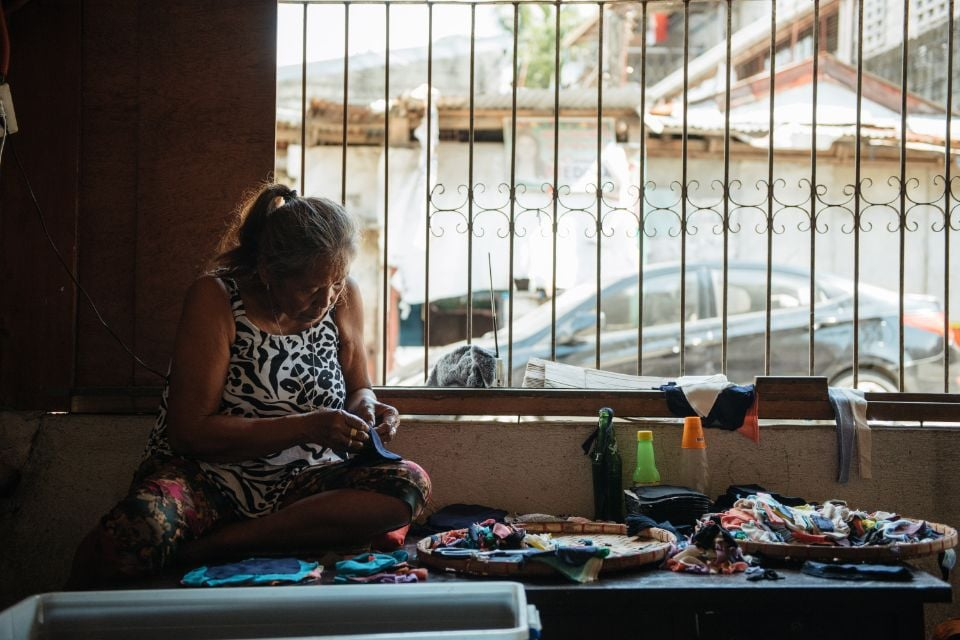THE PROBLEM WITH UNITY
The Marcos-Duterte tandem calls itself the UniTeam and uses “unity” as the central motif of their campaign. "Sama-sama tayong babangon muli," the tagline goes. In his launching speech. Marcos Jr. mentioned the term 21 times.
“Ang pagkakaisa ay naging adhikain ko dahil sa aking tapat na paniniwala na ang pagkakaisa ay ang unang hakbang upang tayo ay makaraos na dito sa gitna ng krisis kung nasaan tayo, sa gitna ng krisis ng pandemya, sa gitna ng krisis ng ekonomiya na dala rin ng pandemya.” (Unity is my advocacy because I believe that unity is the first step to recover from the crisis we are in, in the middle of the crisis of the pandemic, and in the middle of the economic crisis brought about by the pandemic. ~ Rappler translation)

Unity is also the reason why Marcos Jr. refuses to refute accusations, to answer questions or to engage in debates necessary in any election campaign. We need to move on. Do not dwell on the past. The problem is now. Positive campaigning. No to cancel culture. Quite an ingenious marketing design and the trolls parrot it all the way. To some extent, Isko Moreno and some few others echo the same strategy.
For sure, unity is an ideal, a social ideal. For a country to progress, it should be united. The Filipino metaphor of the "walis tingting" is a common reference.
Unity is also a revered Christian ideal: “That they may be one as you and I are one” (John 17: 21).
But unity is also ambivalent. It is an ideology to numb the pain, a smokescreen to hide the crime. The 16th century Anglican bible commentator, John Trapp, wrote: “Unity without truth is no better than conspiracy.”
With the help of enormous money poured into social media, the “unity” discourse spreads a toxic positivity to anesthetize people from feeling the pain of hunger, from seeing real injustice, from staring at poverty right in the face. It prevents us from calling to question the real perpetrators of the crimes so as to render us justice. It perpetuates a constructed and digitized historical lie that insults our people's memory and destroys the fabric of our democracy.
Unity is a discourse of power, not the desire of the victims. Unity is the voice of impunity, not of justice and integrity.
What does unity mean to the orphans of the victims of extrajudicial killing? How can we hold hands with the people who commanded the killing of their fathers? What does unity mean to the families of people killed and tortured during Martial Law? What does unity mean for generations of Filipinos who have to bear the burden of the Marcos plunder? What does unity mean to those who died during the pandemic because corruption took medical resources away? To whom are the wielders of power accountable? When and how shall they render account?
The talk of unity is intended to make us feel safe when we are not, to make us dream of an abstract future without confronting the crimes of the past, to keep us from “calling out” on violent power that wreaks havoc on our land and its people.
And in a curious but deceptive inversion of meaning, unity is cunningly presented as a compulsory social duty "to talk nicely" by the same people who, not so long ago, despised civility and decency.
No wonder, Jesus said: "Do you think that I have come to bring peace to the earth? No, I tell you, but rather division!" (Lk 12: 51).
Daniel Franklin E. Pilario, CM
Vincentian Chair of Social Justice
St. John’s University
New York
Read the full article from Rappler:
[OPINION] The problem with unity


